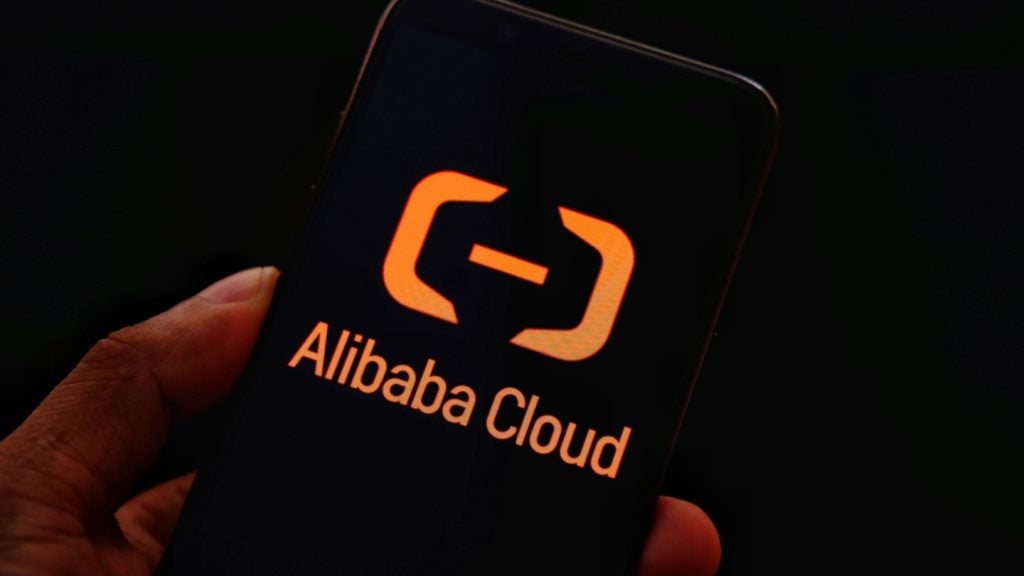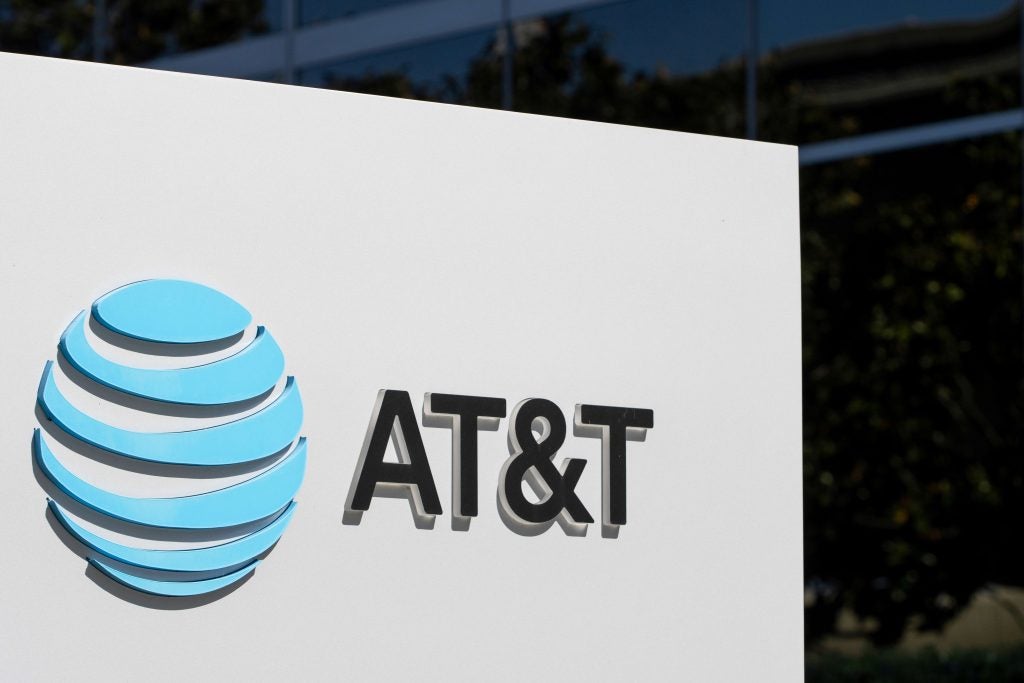
Costco faces a $19.4m (£15m) bill for damages after luxury jewellery chain Tiffany sued the US wholesaler for selling fake Tiffany engagement rings.
The long-running legal battle reaches back to 2013.
Judge Laura Taylor Swain ruled on Monday that Tiffany is entitled to $11.1m in profits for trademark infringement, plus interest, as well as $8.25m in punitive damages, which was awarded by a jury in October.
Swain also said Costco must use “Tiffany-style” instead of “Tiffany” as a stand-alone term when selling its products.
Customers were fooled into thinking they were buying a real Tiffany ring, according to Swain.
She said Costco’s sales assistants: “were not perturbed when customers who then realised that the rings were not actually manufactured by Tiffany expressed anger or upset.
How well do you really know your competitors?
Access the most comprehensive Company Profiles on the market, powered by GlobalData. Save hours of research. Gain competitive edge.

Thank you!
Your download email will arrive shortly
Not ready to buy yet? Download a free sample
We are confident about the unique quality of our Company Profiles. However, we want you to make the most beneficial decision for your business, so we offer a free sample that you can download by submitting the below form
By GlobalDataMaureen Hinton, global retail director at research firm GlobalData, told Verdict she agrees that Costco customers may have been led to believe they were getting a better deal on a real Tiffany ring.
Costco’s wholesale proposition and its value pricing means that you can understand some customers thought that they were getting something wholesale, or grey goods, far cheaper than the regular price. Costco’s regular customer is probably unlikely to be a regular customer of Tiffany, so they would not be aware of what the true price of a Tiffany ring would be. The fine will certainly discourage others from using the Tiffany name.
However, Costco responded to criticism saying that the it did not sell imitation Tiffany rings.
The rings were not marked with the Tiffany name, and were not sold using Tiffany’s trademark blue boxes, the company insisted.
Costco, with a market cap of $68.6bn, plans to appeal against the judgement, arguing that Tiffany is now a generic term for solitaire-style rings, comprising a diamond mounted on a single band with six prongs.
Costco only sold 2,500 of the fake Tiffany rings.
Kate Swaine, a partner at law firm Gowling WLG, said:
This damages award may seem excessive given that only 2,500 products were sold, but if it can be argued that an infringement is blatant and where it relates to such a well-known brand, the claimant is entitled to seek punitive damages. Brand owners will welcome this decision as an indication of the risk that third parties run in trying to make associations with famous brands.





